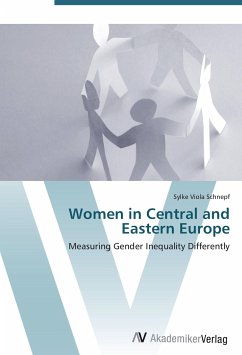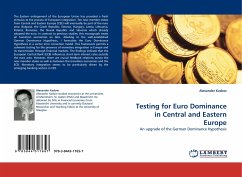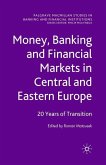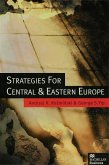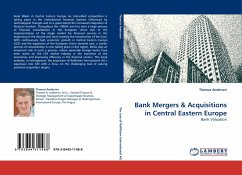Revision with unchanged content. Sociological literature examining gender inequality in Central and Eastern Europe (CEE) argues generally that the costs of the transition process from centrally planned to market economies were higher for women than for men. In economics, commonly used economic indictors for measuring gender inequa lity do not provide supporting evidence. In this book, the analysis is based on different indicators to assess gender inequality in CEE. Micro-data on people s literacy skills, their adherence to gen der stereotypes in the labour market and perceptions of their own economic well-being are used for estimating gender inequality in a large group of tran si tion countries, with comparisons to countries in Western Europe. The study shows that these alternative measures for assessing gender inequality are im por tant in augmenting the results derived from more conventional measures and therefore serve as an essential complement for understanding the situationof women in CEE today. This book is aimed at researchers and students in economics and sociology who are interested in gender inequality in education and the labour market, as well as in the feminisation of poverty in CEE.
Hinweis: Dieser Artikel kann nur an eine deutsche Lieferadresse ausgeliefert werden.
Hinweis: Dieser Artikel kann nur an eine deutsche Lieferadresse ausgeliefert werden.

